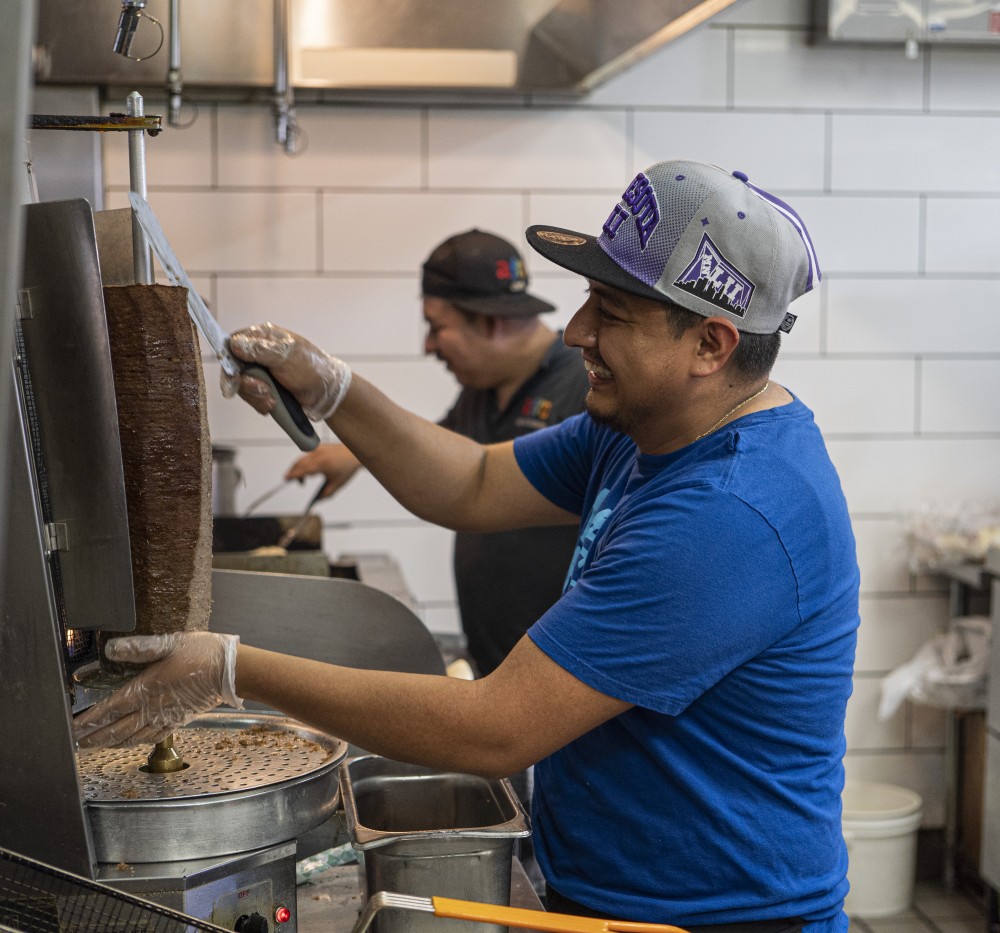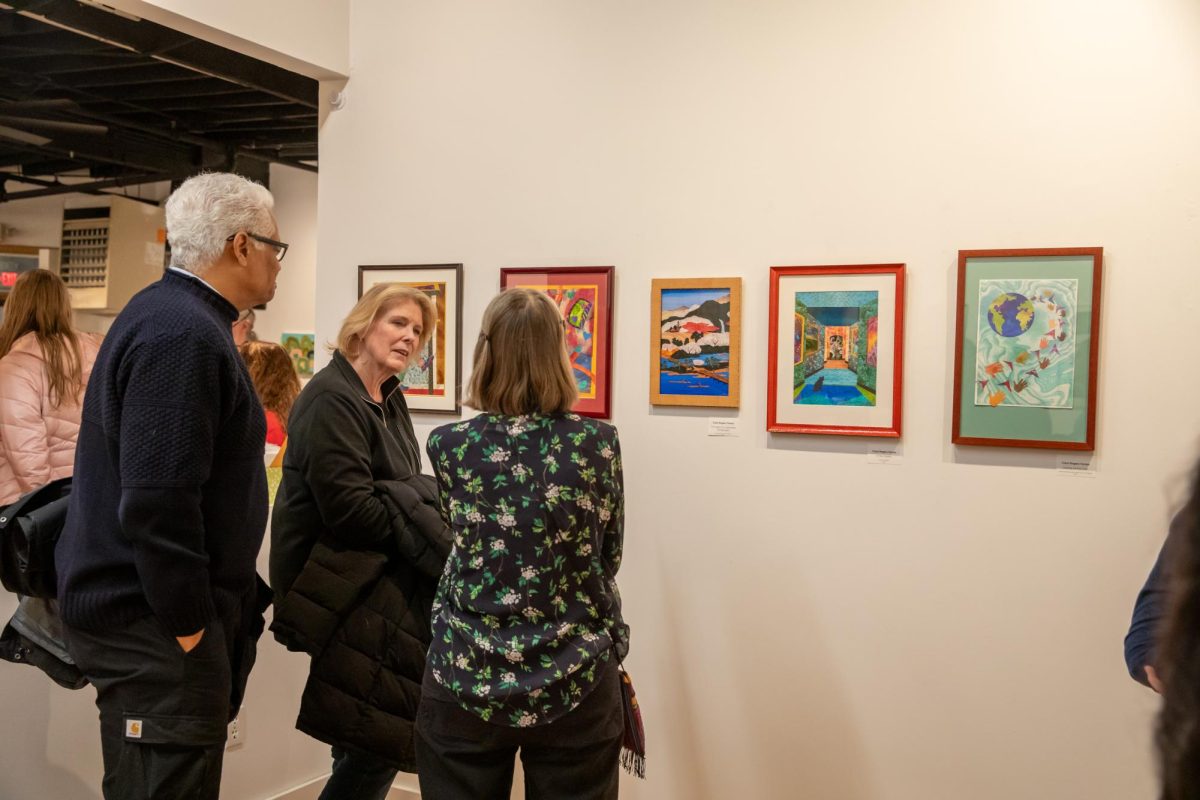One week ago, Abdirahman Kahin, owner of local chain Afro Deli, testified to a House committee in Washington on the positive contributions immigrants can bring to communities.
When Kahin first came to Minnesota in 1997, having left the small East African country of Djibouti in 1996, he knew there was something missing in the Twin Cities food scene.
At the time, he said, there were some African restaurants but none had smaller plates and a fast-casual atmosphere.
“The food that I grew up with… Every day, I want to share [it] with everyone,” he said.
For Kahin, that meant making the prices accessible for students and the food ready for people on the go.

The first Afro Deli opened in 2010 on West Bank in Cedar Riverside, near the University of Minnesota. At the beginning, exposing the community to new flavors came with some difficulty.
“My biggest challenge was how to convince people that African food is really good food,” said Kahin.
Since those first years, the business has taken off. On a recent Friday afternoon, the Afro Deli in Stadium Village was teeming with customers — a line stretching from the counter to the door and bright orange chairs filled with diners.

Orders for the “Somali Steak Sandwich,” the “Chicken Gyro,” and the vegetarian “Falafel Sandwich” were ready to go at the counter. Kahin calls the cuisine “Pan-African,” with influences from African, Mediterranean, and American cuisines.
Safia Suleiman was busy calling order numbers from the counter. Before she ever worked for Afro Deli, Suleiman was a regular at the former West Bank location and kindly pestered Kahin until he gave her a job. Now, she manages the catering department.
Suleiman calls her group of coworkers “La Familia.”
“There’s a quinceañera this weekend and I get invited, you know what I mean? It’s literally like family. That’s how close we are,” she said.
Working at Afro Deli has even helped Suleiman pick up on some Spanish and she has taught her coworkers some Somali, too.
“When you work for a small business, everyone knows you. For me, right out of college, if I had worked at a big corporation, I probably would have felt really lost,” she said.
In the back part of the kitchen long-time employee Martina Barrera was chopping vegetables for sambusas — flaky, triangular pastries with a savory filling. She said she makes about 200 beef and 100 veggie sambusas each day.

For one diner, University first year Kaitlin Pierce, on campus for University orientation, Afro Deli’s food holds specific importance.
“I grew up overseas in Uganda, East Africa,” she said. “The chapatis here are the closest I have found that actually taste like a street vendor in Uganda.”
There was something indescribable about the spices that felt like home, she said.
“This is just all the memories. All of my childhood memories. Orientation was very stressful. I came here,” Pierce said. “I needed this right now.”
Afro Deli’s authentic flavors have been embraced by Minnesotans and non-Minnesotans alike. A fourth destination is set to open soon in Downtown Minneapolis, Kahin said.
“Afro Deli’s culture is rooted in the belief that good food has the power to bring people together,” Kahin said during his testimony. “When we sit down to eat, we share a common connection to the world.”
This is the third article in “Digging In,” a series about the stories behind beloved Twin Cities restaurants.








